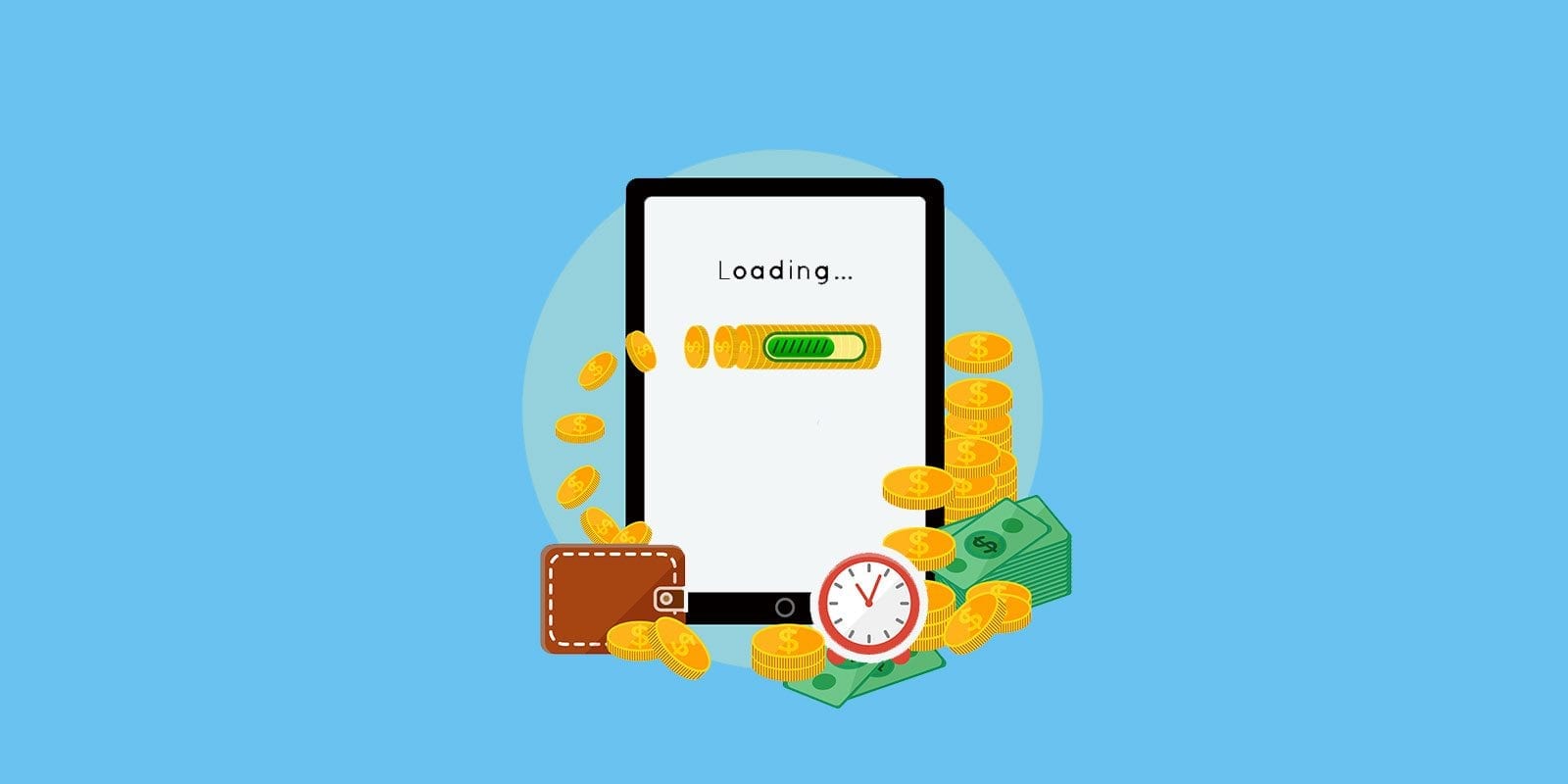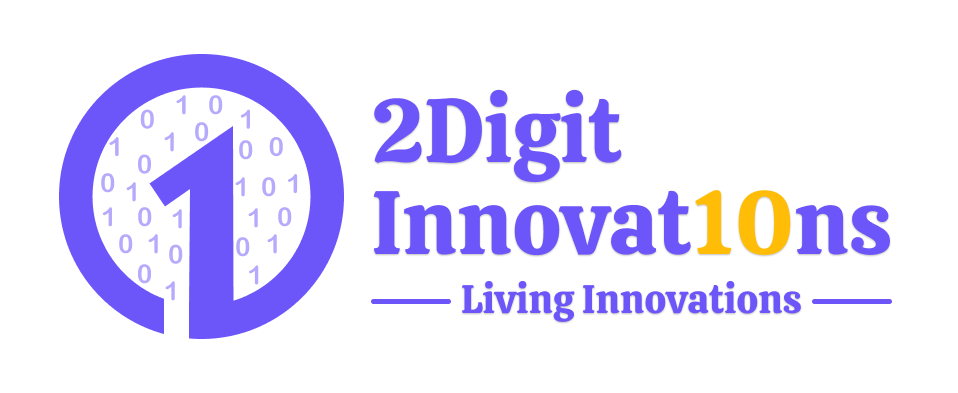
Make money with your app: 10 popular mobile app monetization strategies
13 May 24
Make money with your app: 10 popular mobile app monetization strategies
The mobile app market is more competitive than ever. With millions of apps available across various app stores, standing out and generating revenue can be challenging. However, with the right monetization strategy, you can turn your app into a profitable venture. In this comprehensive guide, we'll explore ten popular mobile app monetization strategies that can help you maximize your app's revenue potential. Table of Contents | Sr | Headings | 1 | Freemium Model | 2 | In-App Purchases | 3 | Subscriptions | 4 | Advertising | 5 | Sponsorship | 6 | Affiliate Marketing | 7 | Selling Merchandise | 8 | Data Monetization | 9 | Crowdfunding | 10 | Licensing or White Labeling 1. Freemium Model The freemium model is one of the most popular app monetization strategies, offering users basic features for free while charging for premium content or additional features. By providing a free version of your app, you can attract a larger user base and upsell premium offerings to those willing to pay for enhanced functionality. 2. In-app purchases In-app purchases involve selling digital goods, services, or features within your app. This strategy allows you to offer users a free app with the option to purchase virtual items, upgrades, or subscriptions to unlock additional content or features. Offering compelling in-app purchases can drive revenue and increase user engagement. 3. Subscriptions Subscription-based monetization involves charging users a recurring fee for access to premium content, features, or services within your app. This model provides a steady stream of revenue and encourages long-term user engagement by offering exclusive content or benefits to subscribers. 4. Advertising Advertising remains one of the most common monetization strategies for mobile apps. By displaying ads within your app, you can earn revenue based on impressions, clicks, or actions taken by users. Partnering with ad networks or direct advertisers can help maximize ad revenue while ensuring a positive user experience. 5. Sponsorship Sponsorship involves partnering with brands or advertisers to promote their products or services within your app. This can include sponsored content, product placements, or branded experiences. Sponsorship deals can provide a steady source of income while offering value to both users and advertisers. 6. Affiliate Marketing Affiliate marketing allows you to earn a commission by promoting third-party products or services within your app. By integrating affiliate links or ads, you can monetize your app by recommending products or services that align with your audience's interests or needs. 7. Selling Merchandise If your app has a strong brand or loyal user base, you can consider selling merchandise such as clothing, accessories, or digital goods. This strategy not only generates additional revenue but also strengthens your brand identity and fosters community engagement. 8. Data Monetization Data monetization involves collecting and analyzing user data to generate insights or targeted advertising opportunities. By anonymizing and aggregating user data, you can offer valuable insights to advertisers or researchers while respecting user privacy. 9. Crowdfunding Crowdfunding platforms allow you to raise funds for app development or expansion by soliciting donations or pre-orders from your audience. Crowdfunding campaigns can help validate your app idea, generate buzz, and secure early adopters. 10. Licensing or White Labeling Licensing your app or offering it as a white-label solution to other businesses can be a lucrative monetization strategy. By allowing other companies to use your app under a licensing agreement, you can generate revenue without the overhead of marketing and distribution. Conclusion Monetizing your mobile app requires careful planning and consideration of your app's target audience, value proposition, and competitive landscape. By implementing one or more of these popular monetization strategies, you can generate sustainable revenue and build a successful app business that stands out in the competitive mobile app market. FAQs 1. How do I choose the right monetization strategy for my app? - Consider factors such as your app's target audience, niche, and value proposition when selecting a monetization strategy. Experiment with different approaches and analyze user feedback and engagement metrics to determine what works best for your app. 2. Are there any legal considerations when monetizing my app? - Yes, it's important to comply with relevant laws and regulations, especially regarding user privacy, data security, and advertising practices. Consult legal experts or review app store policies and guidelines to ensure compliance. 3. How can I optimize my app for maximum revenue generation? - Continuously monitor key performance indicators (KPIs) such as user retention, conversion rates, and average revenue per user (ARPU). Experiment with pricing, ad placements, and promotional strategies to maximize revenue potential. 4. What are common pitfalls to avoid when monetizing my app? - Avoid overwhelming users with too many ads or intrusive monetization tactics, as this can negatively impact user experience and lead to churn. Focus on providing value and building trust with your audience to drive sustainable revenue growth. 5. How can I track the effectiveness of my app's monetization strategy? - Utilize analytics tools and tracking platforms to monitor revenue metrics, user engagement, and conversion rates in real-time. Conduct A/B testing and cohort analysis to identify trends, optimize performance, and make data-driven decisions.


CALL
Ready to Work Together In New Projects ?
Services
App Development
Web App Development
Digital Marketing
UI And UX Designing
Custom Mobile And Web Development
Free Tools
Quick Links
Our Apps
Find us on Clutch
Privacy & Policy
Shipping & Delivery Policy
Return & Refund Policy
Terms & Condition
FAQs
Legal
Contact
Hyde Park Crown First Floor, FF-14-21 Plot No GH-03 Sector-78, Noida, Uttar Pradesh 201306
info@2digitinnovations.com
+91 7814042409
